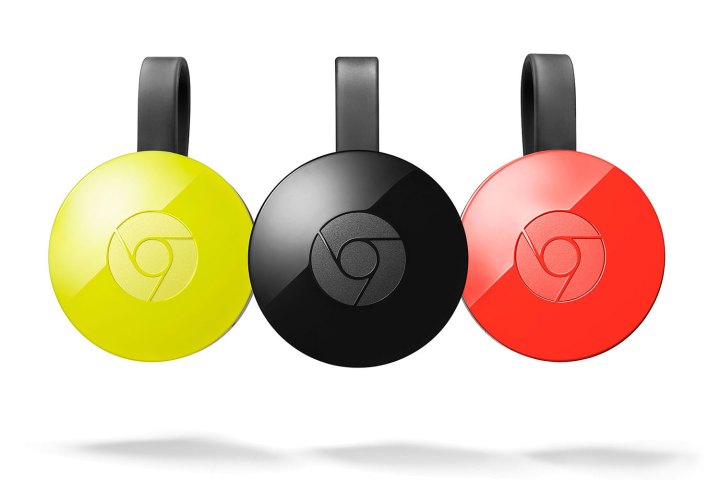
Complaints regarding the issue — specifically, that the Nexus Player does not appear as available to Cast — have been popping up all over the web recently. Pick a community where Chromecast and Android users congregate and you’ll find hundreds of people experiencing the same issues with their devices. Posts on Reddit, popular developer forum XDA, and Google’s own support group all have posts reporting problems.
Many theories popped up as people tried to solve the problem. Some theorized the issue hit Nexus devices, though reports indicate owners of the Nvidia Shield were experiencing similar problems. Others blamed the recent Android 6.0 Marshmallow update.
As it turns out, it was closer to a freak accident than anything. A member of Google’s Cast on Android TV team commented on a Reddit thread to inform users that a fix has been issued. When asked what caused the problem, the Googler explained it “was a perfect storm of four separate bugs related to SSL negotiation. Server-side rollout triggered the breakage though.”
The update that solves the problem is available to download through the Google Play Store. Users will simply have to update the Cast Receiver app and everything should run smoothly again, just as one would want for their stream.
The app version that contains the fix is version 1.16.45911, so if you’re having issues with Chromecast or Android TV, double check your app and make sure you’re running that version or later. You can also download and manually install the APK, signed off on by Google, if you’d prefer to go that route.
Editors' Recommendations
- Android 15 release date: When will my phone get the update?
- Having Galaxy S24 Ultra camera issues? A fix may be coming soon
- A new Android 15 update just launched. Here’s everything that’s new
- Samsung is fixing an annoying display issue on the Galaxy S24
- How to use Android Recovery Mode to fix your phone or tablet

